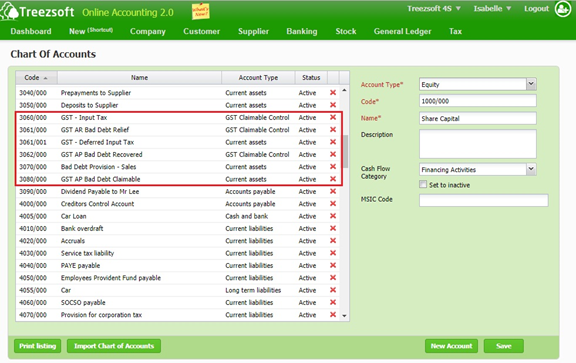

Error message: "Your response is earlier than your response to the age when you first used marijuana or hashish. HARD EDIT: DUQ.213 must be equal to or greater than DUQ.210. Please press the "Back" button, press "Clear," and try again." Error message: "Your response is greater than your recorded age. HARD EDIT: DUQ.213 must be equal to or less than current age. HARD EDIT VALUES: 0-59 Error message: "Your response cannot exceed 59 years. A special use data file for participants 12-17 years, DUQ_G_R, is available through the NCHS Research Data Center (RDC).ĭUQ213 - Age started regularly using marijuana Variable Name: DUQ213 SAS Label: Age started regularly using marijuana English Text: How old were you when you started smoking marijuana or hashish at least once a month for one year? English Instructions: INSTRUCTIONS TO SP: Please enter an age. Only data from participants aged 18-69 years are included in this data file. Information on drug use is collected from all participants aged 12-69 years. However, because of the potential for deductive disclosure, in order to obtain more specific information, researchers need to complete a formal application to work with the GSS 'sensitive' or restrictive data.
#GSS 2014 CODEBOOK DOWNLOAD#
Please refer to the NHANES Analytic Guidelines and the on-line NHANES Tutorial for further details on the use of sample weights and other analytic issues. The indicator of possible vital status as of 2014 (variable name: DEATH) is now part of the GSS data you can download from the links above. The data were edited for completeness, consistency, and illogical values. When a response was entered that had been programmed as an error, respondents were prohibited from continuing with the ACASI until the error was corrected. When a response was entered, that had been programmed as unlikely, respondents were allowed to proceed after confirming that their entry was correct. The system was programmed to alert respondents of potential data entry errors or problems.

No proxy respondents or translators were used in situations when the respondents could not self-report. Respondents moved at their own speed and touched the screen to indicate their response. The ACASI enables respondents both to hear questions through earphones and read questions on the computer screen. The ACASI was conducted in one of the following languages: English, Spanish, Korean, Vietnamese, or Chinese (traditional/mandarin, simplified/mandarin, and traditional/Cantonese). For adults 18 years and older, questions were self-administered using the Audio Computer-Assisted Self-Interviewing (ACASI) system. The Drug Use questionnaire was administered at the Mobile Examination Center (MEC) during the MEC Interview. Interview Setting and Mode of Administration Mentally impaired individuals, or participants who were unable to understand English, Spanish, Korean, Vietnamese, or Chinese (traditional/mandarin, simplified/mandarin, and traditional/Cantonese) were not asked these questions. Participants aged 12-69 years were eligible. Predicted values from these two scenarios differ substantially, suggesting that decreasing confidence in institutions and increasing unemployment scarring may explain about half of the observed decline in US social trust.The drug use (DUQ) questions focus on lifetime and current use of marijuana or hashish, cocaine, heroin, and methamphetamine, as well as intravenous use of drugs. We then use 1973–2018 GSS data to predict trust based on observed values for unemployment, confidence in institutions, and satisfaction with income, versus an alternative counterfactual scenario in which the values of those three predictors are held constant at their mean levels in the early 1970s. The observations represent individuals responses to survey questions. These data were collected by the National Opinion Research Center (NORC) at the University of Chicago. Findings from fixed-effects linear regression models suggest that all but social ties matter. This subset of data comes from one iteration of the General Social Survey, administered in 2014. The 2014 GSS will keep most of the content of previous cycles including internet victimization, cyber bullying, and crime prevention. We use three-wave panel data from the General Social Survey (2006–2014) to study the effects of four possible individual-level sources of changes in social trust: job loss, social ties, income, and confidence in political institutions. Surprisingly few studies analyze whether individual-level explanations can account for this decrease. The US has experienced a substantial decline in social trust in recent decades.


 0 kommentar(er)
0 kommentar(er)
